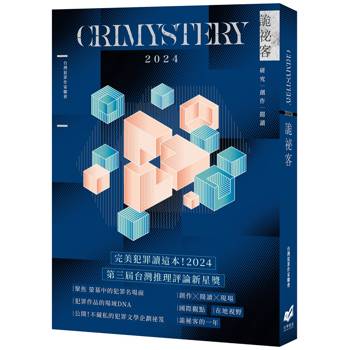This book explicates how many films intersect black suffering and God-talk in ways that instantiate secular limitations to divine efficacy. The book’s concept of a modern God introduces a new method of analysis that reimagines theodical discourses as mechanisms of modern identities and filmmakers as skillful exegetes who recalibrate divine attributes to the sensemaking cadences of their contemporaries. Shayne Lee demonstrates how cinematic theodicy navigates a happy medium between affirming divine benevolence and sidelining supernatural activity and that filmic characters, like their real-world counterparts, are quite clever at triangulating rationality, faith, and tragedy. In addition to positing synergistic links between theodicy and secularity, Lee offers critical insights into cinema’s relevance to the sociology of evil by specifying how films code and narrate malevolent actions and outcomes, demarcate clear lines of distinction between victims and perpetrators, clarify societal dynamics driving inequality and oppression, and transform individual episodes of suffering into collective and memorialized identities of trauma. This book illuminates how filmic treatments of theodicy construct evil and suffering in calculated ways that connect specific acts, effects, and institutions to greater structures of meaning.
| FindBook |
有 1 項符合
Cinema, Black Suffering, and Theodicy: Modern God的圖書 |
 |
Cinema, Black Suffering, and Theodicy: Modern God 作者:Lee 出版社:Lexington Books 出版日期:2024-03-19 語言:英文 規格:平裝 / 256頁 / 普通級/ 初版 |
| 圖書館借閱 |
| 國家圖書館 | 全國圖書書目資訊網 | 國立公共資訊圖書館 | 電子書服務平台 | MetaCat 跨館整合查詢 |
| 臺北市立圖書館 | 新北市立圖書館 | 基隆市公共圖書館 | 桃園市立圖書館 | 新竹縣公共圖書館 |
| 苗栗縣立圖書館 | 臺中市立圖書館 | 彰化縣公共圖書館 | 南投縣文化局 | 雲林縣公共圖書館 |
| 嘉義縣圖書館 | 臺南市立圖書館 | 高雄市立圖書館 | 屏東縣公共圖書館 | 宜蘭縣公共圖書館 |
| 花蓮縣文化局 | 臺東縣文化處 |
|
|
圖書介紹 - 資料來源:博客來 評分:
圖書名稱:Cinema, Black Suffering, and Theodicy: Modern God
|











